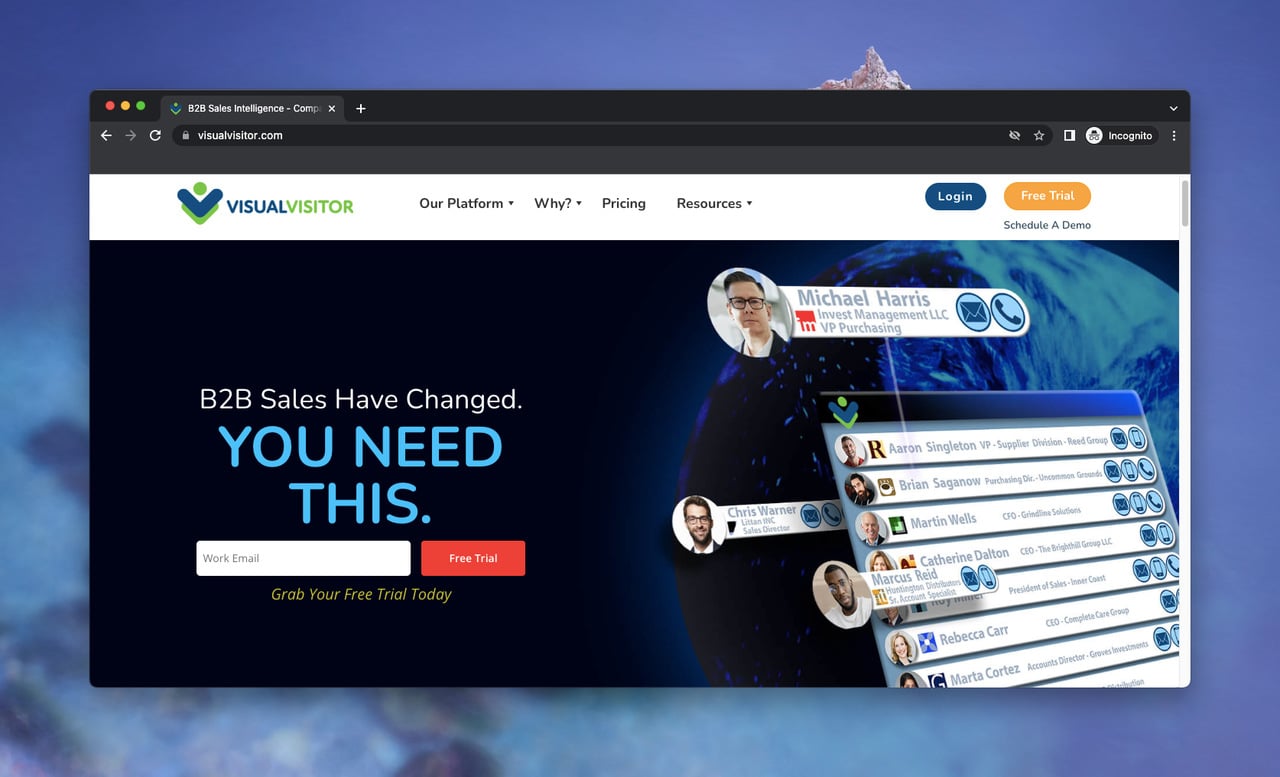Why Your Service Ought To Take Into Consideration a Managed Database Provider
Why Your Service Ought To Take Into Consideration a Managed Database Provider
Blog Article
Trick Features to Try To Find When Selecting a Data Source Service Provider
Picking a database copyright is a vital choice that can substantially impact your organization's procedures and data management technique. Amongst the essential functions to take into consideration are scalability options, which make sure that your system can adjust to growing demands. Protection measures, performance metrics, and consumer assistance additionally play pivotal functions in this evaluation process. As you evaluate these elements, it becomes noticeable that the choice is not merely about capability but likewise about straightening with your lasting vision. What various other considerations might affect this important decision?
Scalability Options
When selecting a database supplier, understanding scalability alternatives is vital to making sure that the selected service can suit future growth. Scalability describes the capability of a database system to expand its ability and performance in reaction to boosted need. There are 2 primary types of scalability: vertical and straight.
Upright scalability, or "scaling up," involves enhancing a single server's sources, such as CPU, RAM, or storage. This approach can be simple and cost-efficient for smaller sized applications but may reach a limitation where even more upgrades are not practical or also pricey.
Horizontal scalability, or "scaling out," includes including a lot more web servers to distribute the load. This approach enables higher flexibility and can accommodate significant increases in information volume and individual web traffic (database provider). It is especially useful for cloud-based database options that can dynamically allocate sources based upon demand

Protection Procedures

When examining safety procedures, take into consideration the execution of security protocols (database provider). Data-at-rest and data-in-transit file encryption are important to guarantee that sensitive information continues to be protected, also in the event of a security breach. Furthermore, seek companies that supply solid verification devices, such as multi-factor verification (MFA), to further enhance access control
Routine protection audits and compliance with industry criteria, such as GDPR or HIPAA, are a measure of a supplier's dedication to information protection. Additionally, ask concerning their event feedback plan; a durable strategy can reduce the effect of any type of prospective safety occurrence.
Efficiency Metrics
Examining performance metrics is necessary for organizations to ensure that their selected database copyright satisfies operational requirements. Secret performance metrics consist of action scalability, time, and throughput, which collectively figure out the effectiveness of data source operations under varying lots.
Response time is vital, as it shows how promptly the data source can refine queries and return results. Organizations should search for metrics that show ordinary response times during top and off-peak hours. Throughput, usually determined in deals per second (TPS), offers insight into the data source's capability to handle high volumes of demands without performance degradation.
Scalability examines the data source's ability to expand with the company's demands. A durable data source provider ought to demonstrate vertical and horizontal scaling abilities, permitting smooth modifications as needs change. In addition, understanding latency, click particularly in distributed systems, can help page organizations evaluate the responsiveness of the database throughout various geographical places.
Customer Assistance
Reliable consumer assistance is a cornerstone of effective data source administration, offering organizations with the aid required to fix issues and maximize performance. When picking a data source service provider, evaluating the degree of client support they use is necessary. A robust support group ought to include numerous channels of interaction, such as phone, email, and live conversation, making sure that users can access aid whenever they need it.
In addition, responsive assistance teams that are readily available 24/7 considerably enhance the integrity of the database solution. Prompt action times and effective resolution of problems can significantly lower downtime and boost general productivity. It is likewise advantageous to think about the schedule of devoted assistance personnel, that can supply tailored help based upon an organization's certain needs.

Pricing Framework
When considering a data source service provider, the rates structure is a crucial element that you could check here can dramatically impact a company's budget and total strategy. A clear and flexible pricing design is essential for lining up the data source sets you back with company demands - database provider. Organizations should assess whether the rates is based on intake, per user, or a flat rate, as each version can yield different financial ramifications with time
It is important to evaluate any kind of added costs connected with the supplier's solutions, such as data storage charges, purchase prices, and assistance charges. Some suppliers might supply tiered pricing, allowing scalability as the organization grows, while others may enforce rigorous limitations that can come to be pricey as information needs increase.
Furthermore, organizations ought to think about the long-lasting value of the database service. While lower preliminary costs can be appealing, they may not make up future upgrades, upkeep charges, or integration costs. Conducting a comprehensive cost-benefit evaluation will certainly aid recognize the most appropriate rates structure that balances performance, assistance, and scalability, eventually guaranteeing that the picked data source service provider aligns with the company's economic and operational purposes.
Conclusion
Finally, selecting a database copyright demands mindful factor to consider of numerous essential attributes. Scalability options make sure adaptability to future development, while durable security measures protect sensitive details. Reviewing efficiency metrics makes it possible for the recognition of efficient data sources, and easily accessible consumer support enhances the general user experience. A clear pricing structure additionally adds to notified decision-making. By thoroughly analyzing these aspects, organizations can make tactical selections that align with their functional needs and long-term goals.
Picking a database service provider is a critical decision that can dramatically influence your company's data and operations monitoring technique.When selecting a database service provider, understanding scalability choices is vital to guaranteeing that the selected option can accommodate future development. When selecting a data source supplier, reviewing the level of client support they provide is vital.When thinking about a data source supplier, the rates structure is a critical element that can significantly impact an organization's budget plan and overall approach. Performing an extensive cost-benefit evaluation will certainly aid determine the most ideal pricing structure that balances efficiency, support, and scalability, eventually making sure that the selected data source service provider straightens with the organization's functional and economic purposes.
Report this page